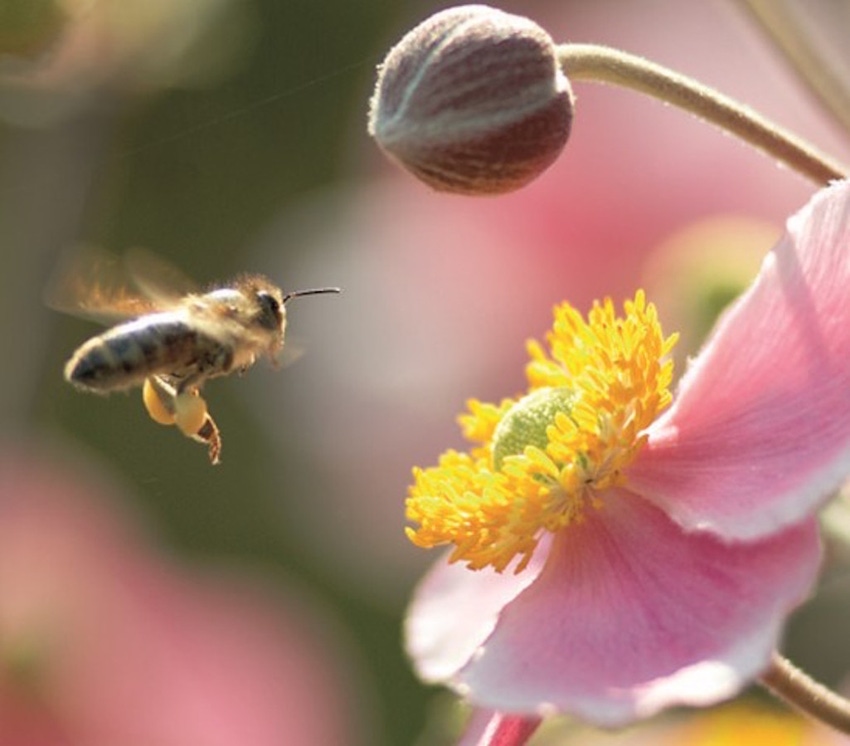
Three recent newsworthy reports from the Texas AgriLife media group explain how Texas A&M contributed to the recent findings that beekeeping offers newcomers numerous opportunities and challenges; that genetically engineered food is not the dreadful scourge on humanity some groups say it is; and triticale, a hybrid grain, may extend grazing for Rolling Plains cattlemen.
Beekeeping program provides information for newcomers
Bees provide an invaluable service to farmers and, ultimately, to society as a whole because without them pollination is limited and crops produce less. So having a few more beekeepers couldn’t hurt. But how does one get into the beekeeping business? A Beekeeping Basics course, sponsored by the Texas A&M AgriLife Extension Service answers a lot of questions. Learning more about bees is a good way to help protect pollinators and our own food sources. Check out the beekeeping basics course.
‘Genetically engineered’ crops no threat to environment or human health
A recent report from the National Academy of Sciences lends credence to what ag scientists have known for decades: genetically engineered crops have not hurt the environment and are not adversely affecting human health. Twenty scientists, including a Texas A&M AgriLife Research plant breeder, agreed on this conclusion. Farmers can continue planting these productive and efficient crops and consumers can rest easy knowing that their food is safe.
Triticale adds value to forage programs
Adding triticale to forage options in the Texas Rolling Plains could extend the grazing period for cattle. The hybrid grain, a cross between wheat and rye, grows taller and remains green longer than wheat, according to a Texas A&M AgriLife Research senior research associate. Eliminating wheat or other forages from the system is not recommended, but adding this hybrid could offer cattlemen a new option to improve herd nutrition.
About the Author(s)
You May Also Like






